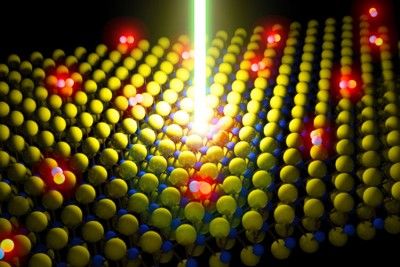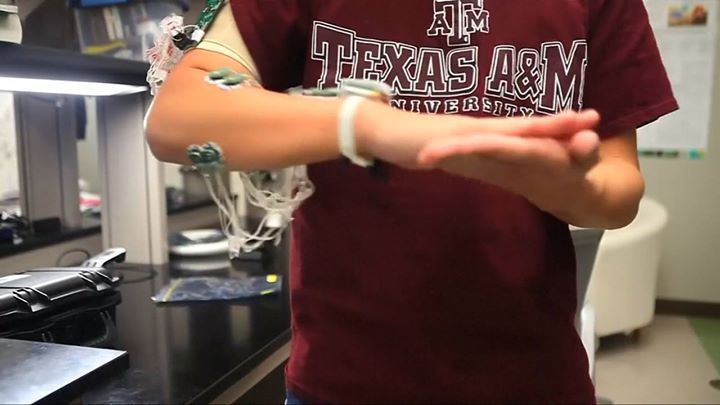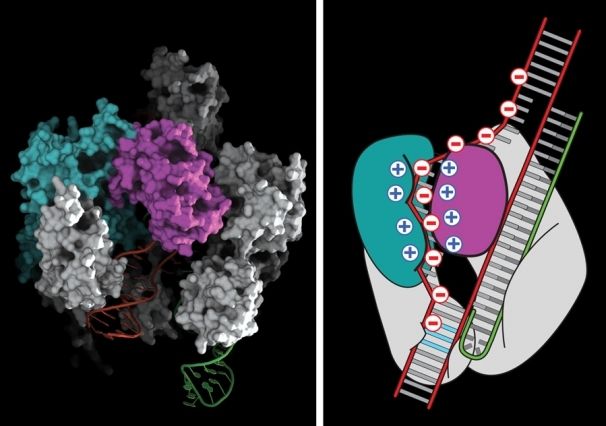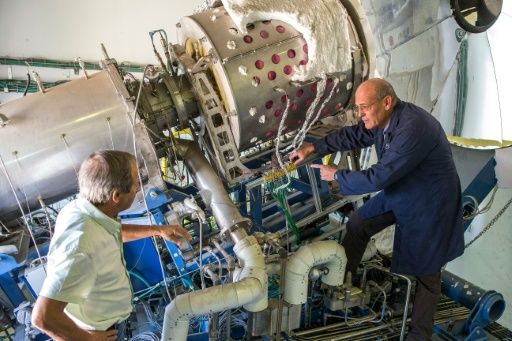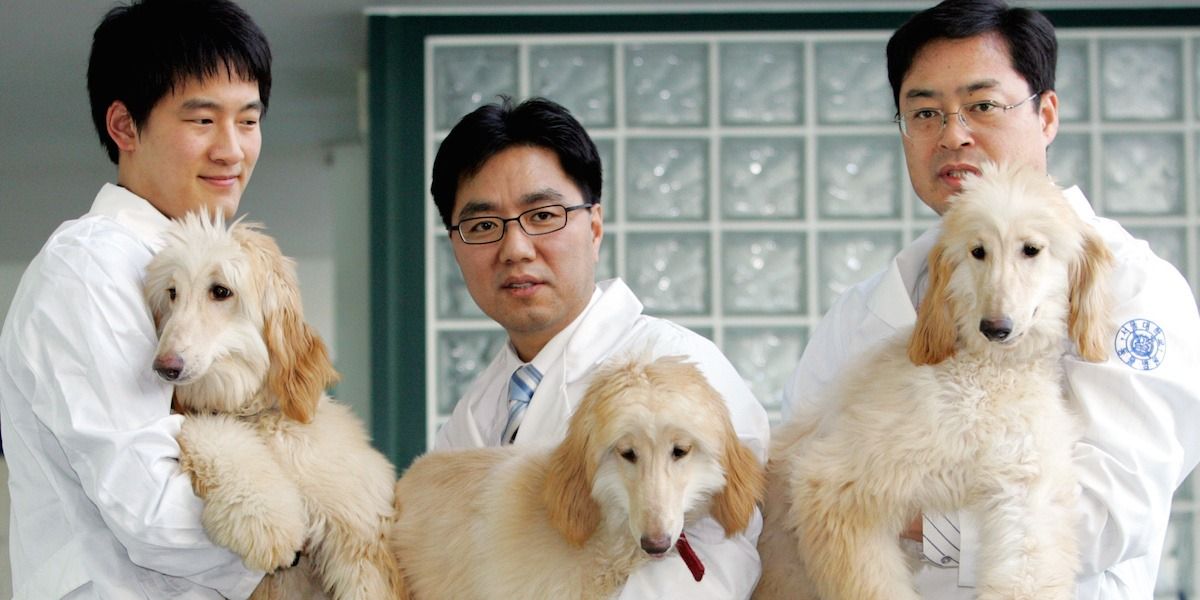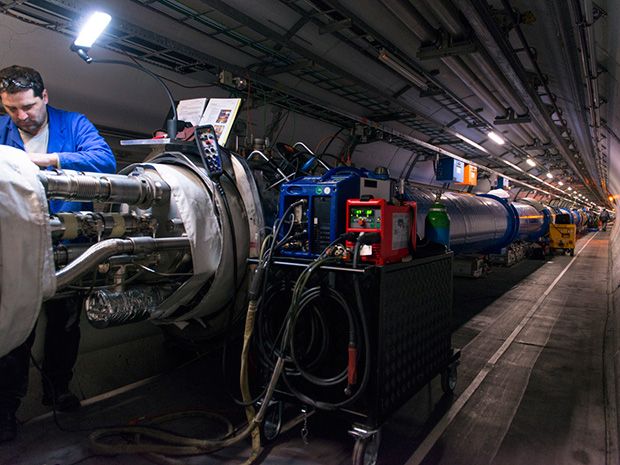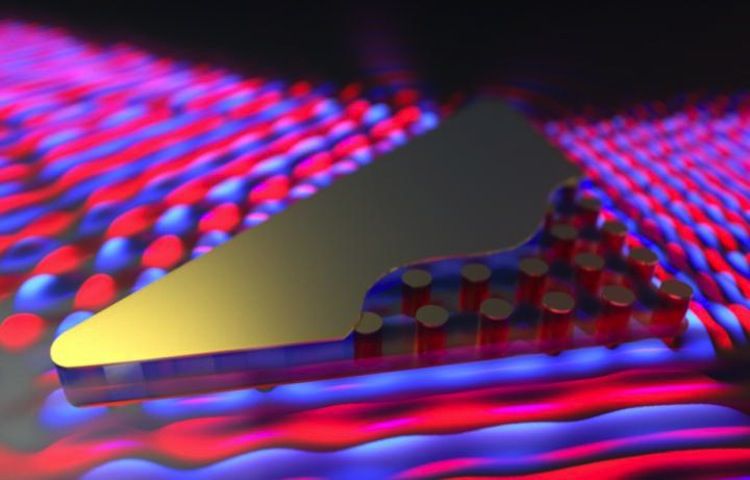Dec 2, 2015
Coming to a monitor near you: a defect-free, molecule-thick film
Posted by Shailesh Prasad in categories: computing, materials, nanotechnology, solar power, sustainability
An emerging class of atomically thin materials known as monolayer semiconductors has generated a great deal of buzz in the world of materials science. Monolayers hold promise in the development of transparent LED displays, ultra-high efficiency solar cells, photo detectors and nanoscale transistors. Their downside? The films are notoriously riddled with defects, killing their performance.
